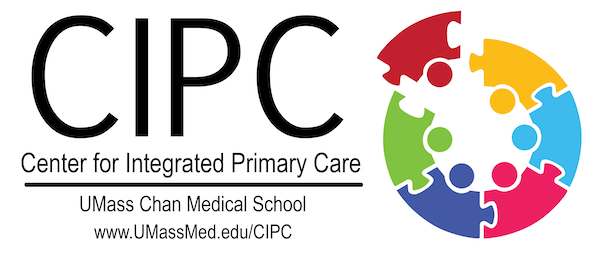Introduction to the Practice Integration Profile
If you missed our Free Interactive Seminar on June 15th you can now view it here. Download the presentation slides here.
Learn more about this presentation below
Details about this recorded webinar:
Attendees will learn how the PIP2 is different than other tools that are used to describe the integration of primary care and behavioral health services. Strategies for using the PIP2 in practice improvement work will be discussed. In addition, applications of the PIP2 to research integrated care will be discussed.
Learning Objectives
- describe the origin and development of the PIP2.
- compare and contrast the PIP2 with other tools such as the IPAT, MeHAF, AHRQ Playbook, or fidelity checklists.
- outline a strategy for using the PIP2 for their own practice improvement or research efforts
Who would be interested in this presentation?
- Administrators who are responsible for developing and evaluating integrated practices
- Clinicians who want to understand more about pathways to integration
- Researchers who want to be able to make reliable comparisons between practices or monitor changes in practices over time
- Students interested in learning more about integrated care, or who are looking for measures for their dissertations
- Private and public payers who are interested in understanding more about the association between integrated care and outcomes such as hospital admissions or patient satisfaction
How long is this webinar?
About 60 minutes.
Who is the presenter?
Daniel Mullin, PsyD, MPH
is the Director for the Center for Integrated Primary Care, the Director of the Post-Doctoral Fellowship in Primary Care Psychology and Medical Education, and an Associate Professor in the Department of Family Medicine and Community Health at the UMass Chan Medical School. He also serves as a Senior Scientist with the American Academy of Family Physicians’ National Research Network.
Dr. Mullin is a clinician, educator, researcher, and consultant specializing in the integration of behavioral health and primary care services. In recent years his work has focused on expanding primary care access to treatment for Opioid Use Disorder. He maintains a clinical practice embedded in the Barre Family Health Center, a rural family medicine residency practice in Massachusetts. Dr. Mullin is a member of the Motivational Interviewing Network of Trainers and provides training in Motivational Interviewing to healthcare providers.
Dr. Mullin completed his doctorate in Clinical Psychology at Spalding University in Louisville, Kentucky and received his Masters in Public Health from the University of Massachusetts, Amherst. He completed his internship in Primary Care Psychology in the Department of Family Medicine at the University of Colorado Health Sciences Center, and his fellowship in Primary Care Family Psychology in the Departments of Medicine, Psychiatry, and Family Medicine at the University of Rochester School of Medicine and Dentistry.
